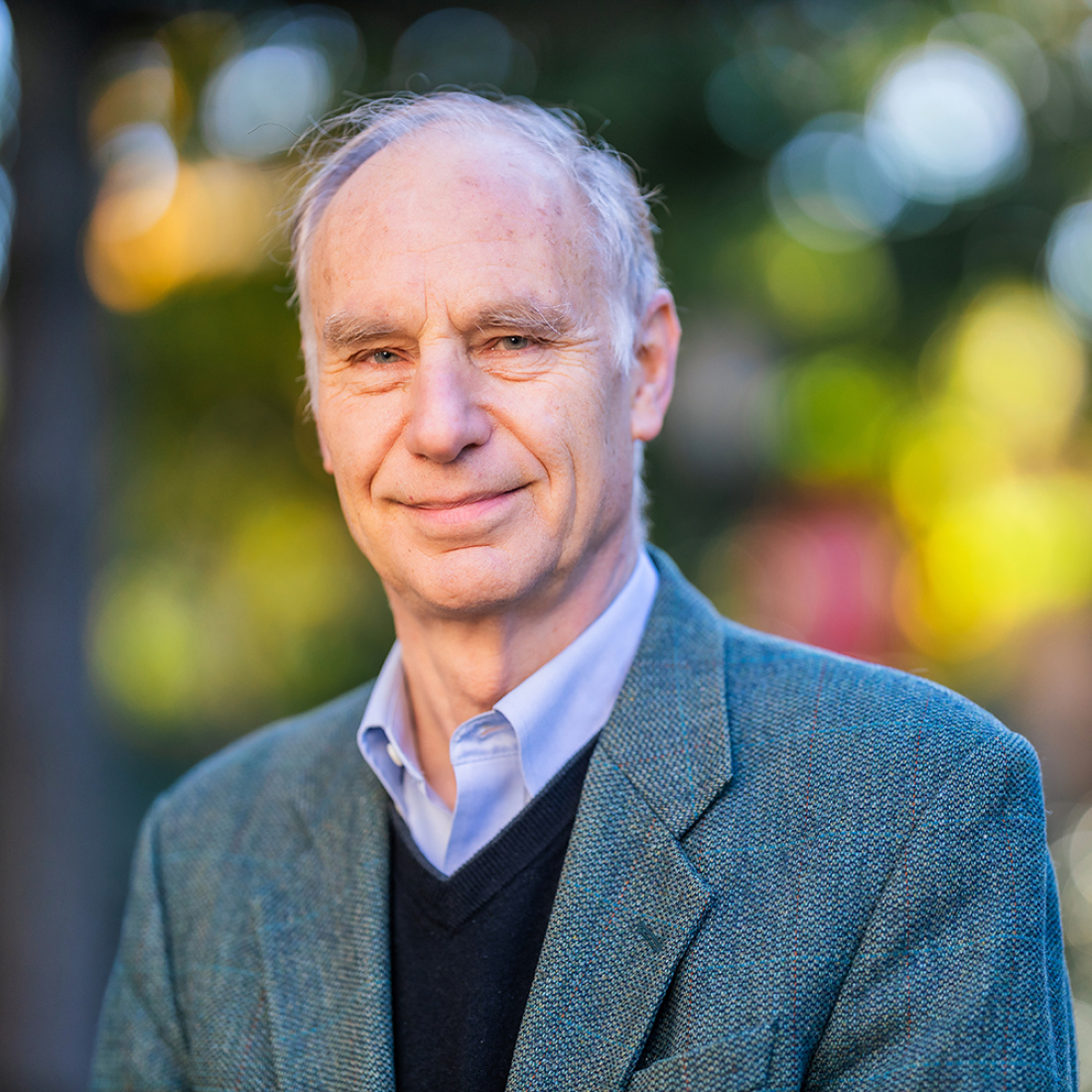Opening Lecture - Paul L. Harris
Paul L. Harris
Harvard University
Friday, June 20, 2025, 11:00 am, room A103
Testimony: Young children's selective trust: established findings and new questions
Traditional accounts of cognitive development emphasized the importance of direct experience, or so-called “hands-on” learning, for young children. Yet there are many phenomena that children do not encounter directly. Children’s belief in the existence of ordinarily invisible scientific phenomena – for example, germs and viruses – as well as ordinarily invisible religious phenomena – for example, God and the afterlife – indicates that they do not always rely on first-hand experience. They also trust the testimony offered to them by other people. However, children are not indiscriminate in whom they believe – they tend to trust familiar and previously accurate informants rather than unfamiliar or inaccurate ones. They are also alert to subtle linguistic indicators of uncertainty on the part of adult informants. Given these various findings, I ask whether children assign a different status to scientific, as compared to religious, phenomena.

Paul Harris is a developmental psychologist with interests in the development of cognition, emotion and imagination. After studying psychology at Sussex and Oxford, he taught at the University of Lancaster, the Free University of Amsterdam, and the London School of Economics. In 1980, he moved to Oxford where he became Professor of Developmental Psychology and Fellow of St John's College. In 2001, he moved to Harvard University where he teaches developmental psychology at the Graduate School of Education. His latest book is: Child Psychology in 12 Questions (OUP).

